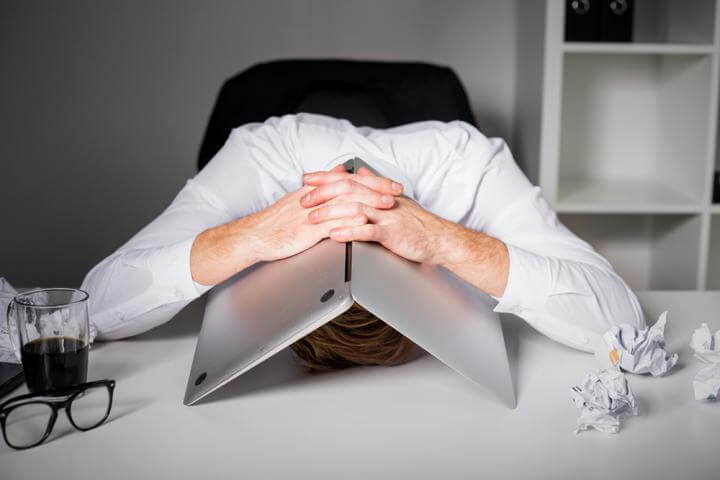Are you feeling run down; stressed out; a bit blah? It may be a good time to take a mental health sick day. Also known as personal days, it’s a day where you ultimately “chuck a sickie”, so you can focus on recharging your brain and body, so you don’t ultimately run yourself down so much that you are at risk of being diagnosed with a mental illness. So, how can you go about taking a personal day, what do you actually do on the day, and how can you tell if you need just a day, or if your mental wellbeing needs some help.

What do you do on a personal day?
What do you actually do on your mental health day? In all honesty, it’s best if you avoid vegging out on the couch and watching Netflix, as you’re just masking the problem, rather than fixing it. This is a day where you can treat yourself; run a bubble bath, read a book and listen to music. Wrap yourself up in your duvet and make up for lost sleep. Sleep is one of the most important facets of your mental health, and if you’re losing sleep or you’re racking up a sleep debt, now is the time to catch the snooze train. Make sure you’re sleeping in your bed, on your memory foam mattress, rather than the couch. You don’t want to wake up with a crick in your neck. If you have a pet, keep them company as they sit in their comfy pet bed; confide in them for a bit. Basically, make the day about you. Catch up with a friend, go outside and enjoy the sunshine, and relax.
When is the right time to take a mental health day?
There are those days where you are so stressed, that just the thought of going to work can make you feel physically ill. This may be a bit of an extreme, but feelings of nausea, lacking energy, headaches and an overwhelming sense of dread are good indicators that you need a day of serious R&R.
How can you do it without feelings of guilt?
For most of us, it’s hard to take a day off if you’re not physically unable to get out of bed, or barfing up a lung. As mental health is seemingly invisible, it’s hard to physically prove that you’re not feeling your best, thus when you say you need a day off, your first feelings may be that you’re overreacting and that you can’t justify taking the day off. Of course, the longer you leave your feelings of stress or anxiety to stew, the worse it will get. Treat the sick day the same way you would treat a regular one; you shouldn’t be at work if you’re snotty and can’t focus on your job at hand, so what makes you think you can do it when your brain is literally telling you that it’s in overdrive?

What to tell your boss
Here’s the tricky part. Not everyone’s boss is as accepting of mental health or discussing the idea of a personal day, so sometimes it is actually in your best interest to lie. I’m not saying you should go all Ferris Bueller here, but you can always just say that you’ve got a migraine or that you’re feeling rundown. Another pretty safe bet is to say you need to take a day off for “personal reasons”. If your boss is a little more open to the idea, be honest. You’re more likely to add to your anxiety if you lie about it, so tell the truth if possible.
When is it time to see someone about your mental health?
There are only so many times you can take a mental health day before it becomes time to see someone about it. Now, of course, the feelings of stress or anxiety won’t go away overnight, but you should come back feeling at least 30% better than you did before you left. There is the chance that there’s something bigger going on if you don’t feel this way. There is also the chance that you’re becoming addicted to taking time off. If this is the case, it may be wise to talk to someone professional about it.








I want to take a mental health day but didn’t have time to do so
Hi Anki, that can be tricky. If you can’t take a whole day for mental health, you can support yourself throughout the day instead. Take ideally 5 short mini breaks anywhere from 1 minute to 10 minutes in length. Whatever time is feasible in your work place. For a super short break you can take 3 deep breaths or look out the window and connect to any nature you can see, the sky or trees for example. You will give your eyes a break and blue and green colours are very healing. For longer breaks, take a short walk, stretch, make yourself a your favourite drink, eat a nutritious snack. Mini breaks boost your energy and help to keep your energy at a more consistent level throughout the day. It can help to prevent burnout and help you to sleep better at night.